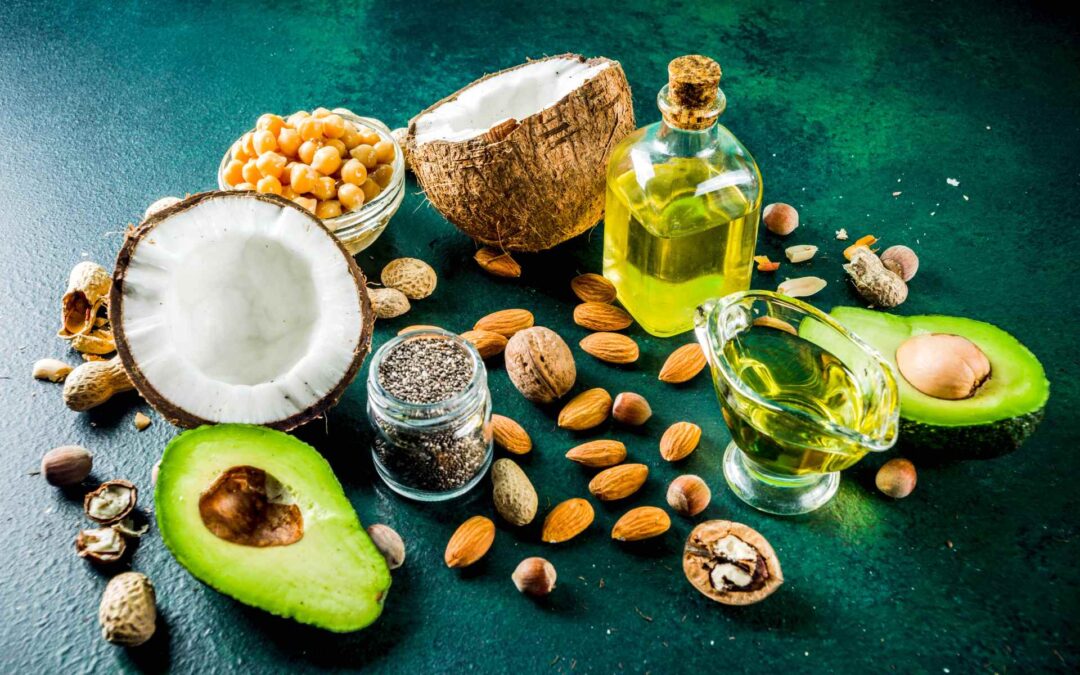
Key Nutrients in Vegan Diets
In the realm of nutrition, vegan diets hold significant appeal for their focus on plant-based foods and their potential health benefits. However, ensuring adequate intake of key nutrients is essential for sustaining optimal health on a vegan diet. Let’s delve into why each of these nutrients is crucial for overall well-being and explore the vegan foods that can help incorporate them into your diet:
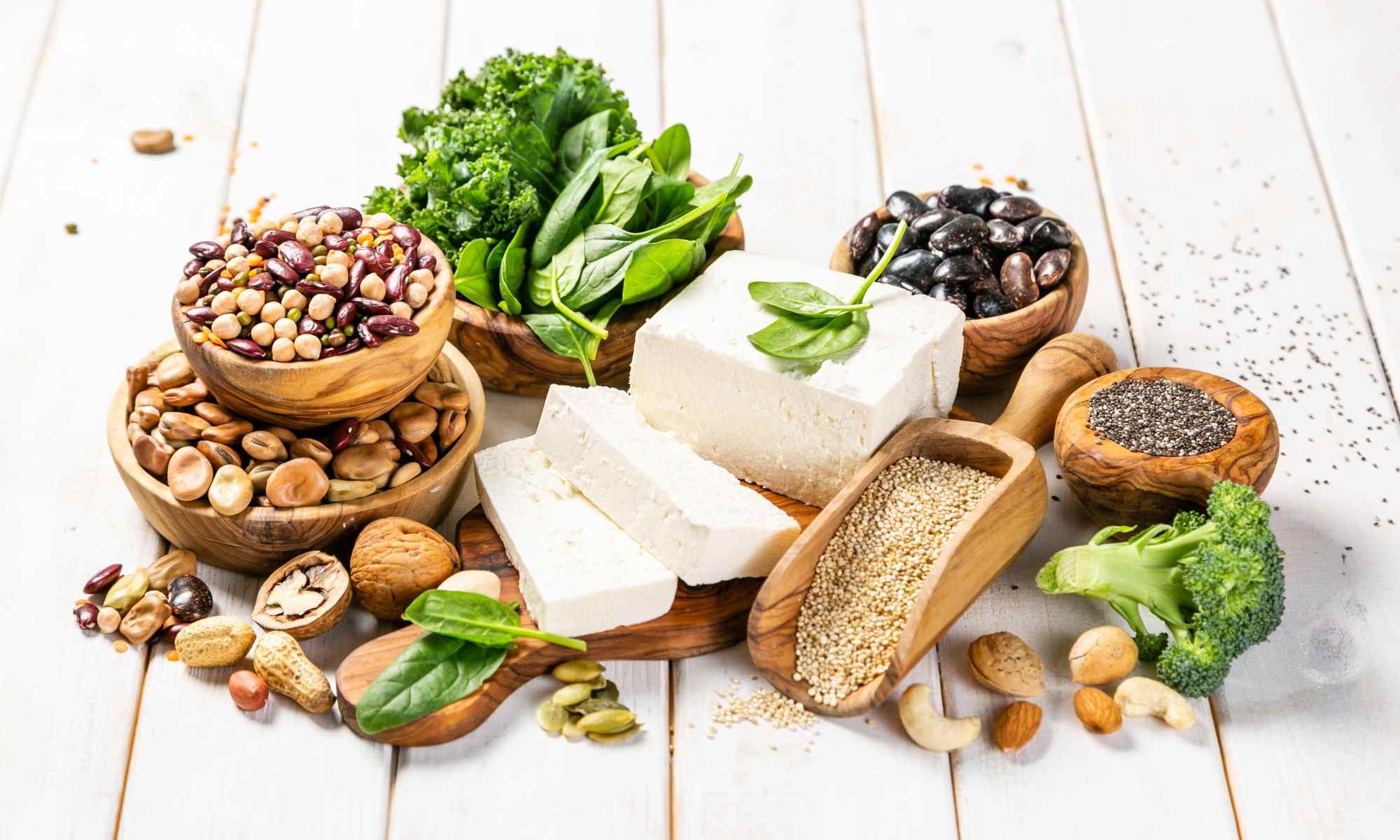
Protein
Protein is often referred to as the building blocks of life, as it is crucial for various bodily functions. It plays a vital role in muscle repair, growth, and maintenance, as well as in the synthesis of hormones and enzymes. Adequate protein intake is particularly important for vegans to support muscle health and overall body function. Including a variety of plant-based protein sources in your diet ensures that you obtain all essential amino acids necessary for optimal health.
Vegan foods to include for protein:
• Legumes (beans, lentils, chickpeas)
• Nuts and seeds (almonds, walnuts, chia seeds, flaxseeds)
• Tofu and tempeh
• Whole grains (quinoa, brown rice, oats)
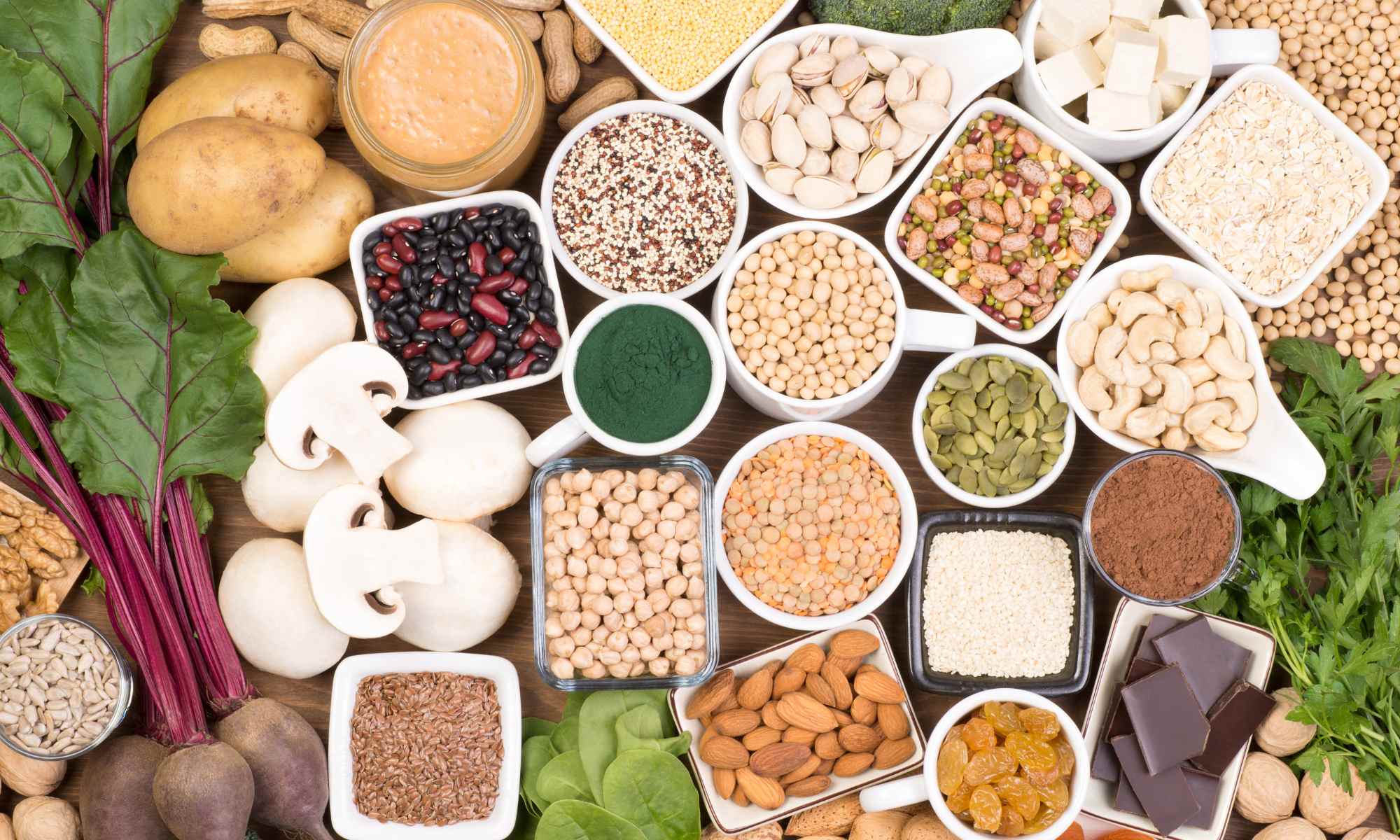
Iron
Iron is an essential mineral required for the production of haemoglobin, which carries oxygen from the lungs to the rest of the body. Adequate iron intake is crucial for preventing anaemia and maintaining overall energy levels. Iron deficiency can lead to fatigue, weakness, and impaired cognitive function. While plant-based sources of iron may not be as readily absorbed by the body as animal-based sources, incorporating iron-rich foods into your diet alongside vitamin C-rich foods can enhance iron absorption.
Vegan foods to include for iron:
• Dark leafy greens (spinach, kale, Swiss chard)
• Legumes (lentils, kidney beans, chickpeas)
• Fortified cereals
• Dried fruits (apricots, raisins)
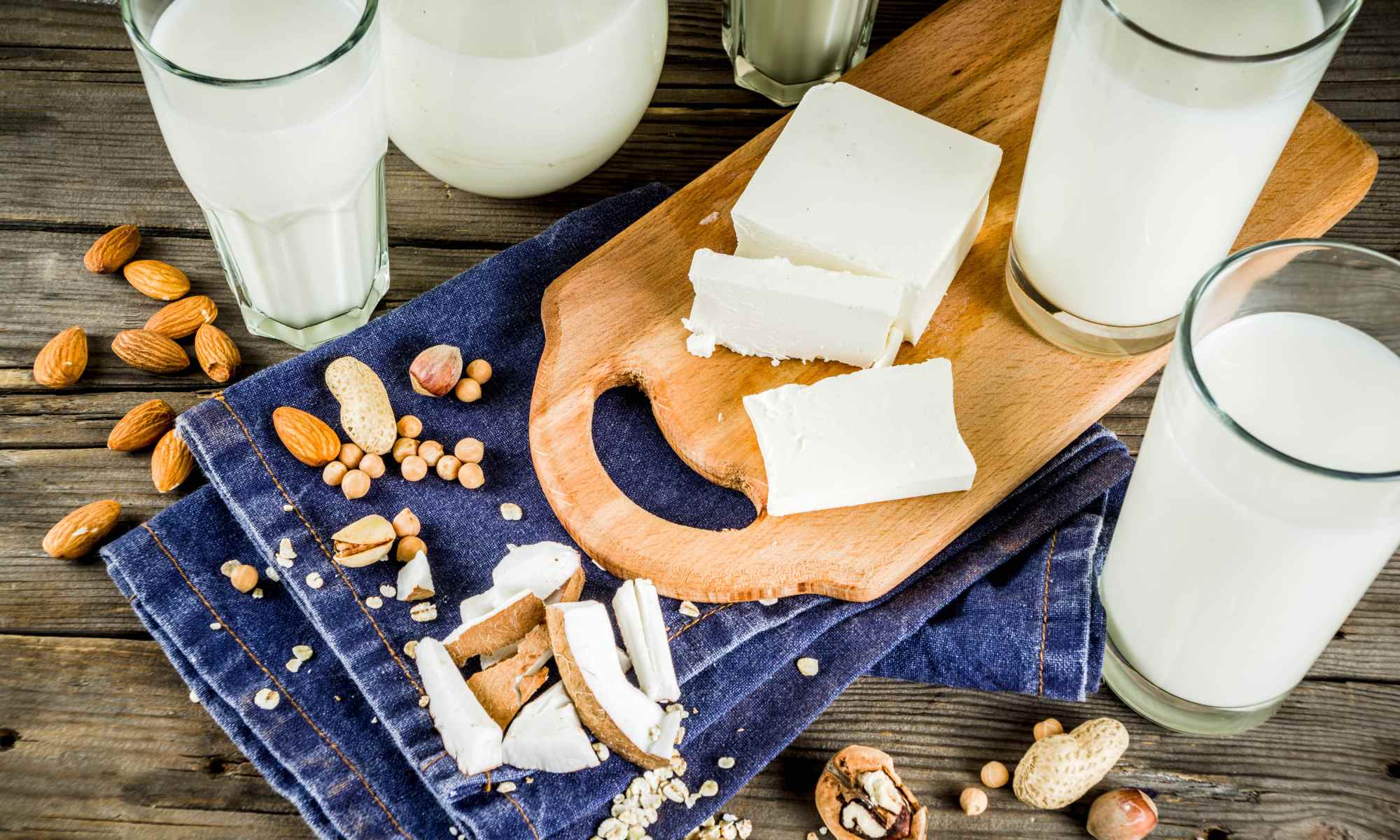
Calcium
Calcium is essential for bone health, muscle function, and nerve transmission. Adequate calcium intake is necessary for maintaining strong bones and teeth and supporting overall bone density. Calcium deficiency can increase the risk of osteoporosis and bone fractures. While dairy products are a primary source of calcium for many people, vegans can obtain sufficient calcium from plant-based sources. Including calcium-rich foods such as fortified plant-based milk alternatives, leafy green vegetables, tofu, and almonds in your diet ensures that you meet your calcium needs without relying on dairy products.
Vegan foods to include for calcium:
• Fortified plant-based milk alternatives (almond milk, soy milk, oat milk)
• Leafy green vegetables (kale, broccoli, bok choy)
• Tofu and tempeh
• Almonds and sesame seeds
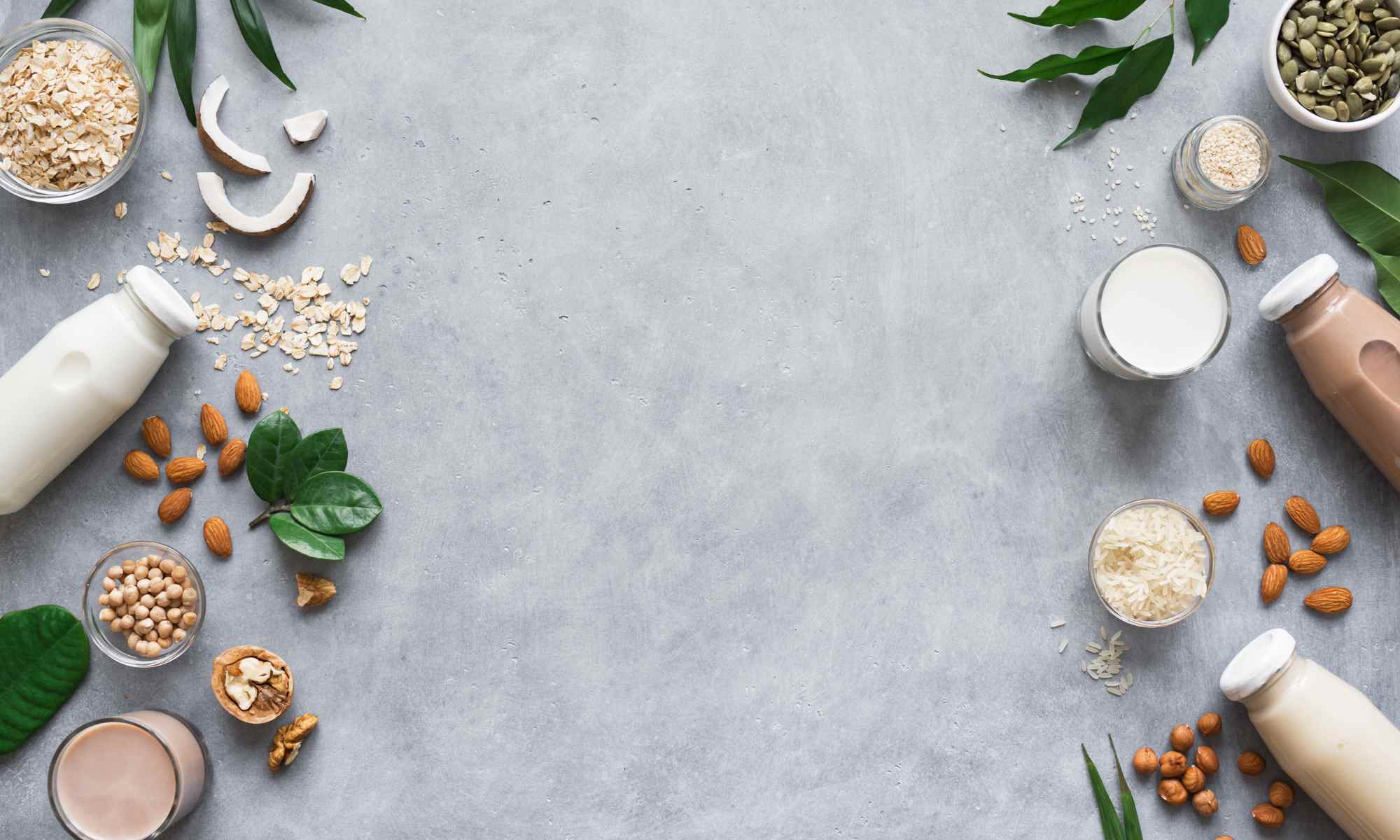
Vitamin B12
Vitamin B12 is crucial for nerve function, DNA synthesis, and the production of red blood cells. Adequate vitamin B12 intake is necessary for preventing neurological disorders and maintaining overall cognitive function. While vitamin B12 is primarily found in animal products, vegans can obtain this essential nutrient from fortified foods and supplements.
Vegan foods to include for vitamin B12:
• Fortified plant-based milk alternatives
• Fortified breakfast cereals
• Nutritional yeast
• Meat substitutes
Vitamin D
Vitamin D is essential for bone health, immune function, and overall well-being. Adequate vitamin D intake is necessary for maintaining strong bones and teeth and supporting overall immune function.
Vitamin D deficiency can lead to weakened bones, increased susceptibility to infections, and impaired mood. While sunlight is the primary source of vitamin D for most people, vegans may need to rely on fortified foods (foods that have nutrients added to them that aren’t naturally present) or supplements to ensure adequate intake.
Vegan foods to include for vitamin D:
• Fortified plant-based milk alternatives
• Fortified orange juice
• Fortified margarine
• Mushrooms exposed to ultraviolet (UV) light

Zinc
Zinc is essential for immune function, wound healing, and DNA synthesis. Adequate zinc intake is necessary for supporting overall immune function and maintaining healthy skin, hair, and nails. Zinc deficiency can lead to impaired immune function, delayed wound healing, and decreased sense of taste and smell. While zinc is found in a variety of plant-based foods, vegans may need to pay closer attention to their intake and consider supplementation if necessary.
Vegan foods to include for zinc:
• Legumes (chickpeas, lentils, black beans)
• Nuts and seeds (cashews, pumpkin seeds, hemp seeds)
• Whole grains (quinoa, oats, brown rice)
• Tofu and tempeh
Iodine
Iodine is essential for thyroid function and overall metabolism. Adequate iodine intake is necessary for maintaining healthy thyroid function and supporting overall metabolic rate. Iodine deficiency can lead to thyroid disorders, such as hypothyroidism or goitre, which can result in symptoms like fatigue, weight gain, and swelling of the thyroid gland. While iodine is naturally found in seaweed and iodised salt, vegans may need to ensure they consume enough iodine-rich foods or consider iodine supplementation if necessary.
Vegan foods to include for iodine:
• Sea vegetables (nori, kombu, wakame)
• Iodised salt
• Fortified plant-based milk alternatives
• Fortified bread

Omega-3 Fatty Acids
Omega-3 fatty acids are essential for heart health, brain function, and inflammation regulation. Adequate omega-3 intake is necessary for supporting overall cardiovascular health and maintaining healthy brain function. Omega-3 fatty acids are particularly important for reducing the risk of heart disease and promoting cognitive function. While omega-3s are found in fatty fish, vegans can obtain them from plant-based sources such as flaxseeds, chia seeds, walnuts, and algae-based supplements.
Vegan foods to include for omega-3 fatty acids:
• Flaxseeds and flaxseed oil
• Chia seeds
• Walnuts
• Algal oil supplements

Importance of Supplements for Vegan Athletes
Vegan athletes face unique challenges when it comes to meeting their nutritional needs, as they adhere to a plant-based diet that may sometimes lack certain essential nutrients commonly found in animal products. While a well-planned vegan diet can provide an abundance of vitamins, minerals, and other nutrients, athletes with higher energy expenditure and nutrient requirements may find it challenging to obtain all the necessary nutrients solely from plant-based sources. In such cases, supplements play a crucial role in ensuring that vegan athletes receive the nutrients they need to support their training, performance, and overall health.
Meeting Increased Energy Needs
Athletes, regardless of their dietary preferences, have higher energy needs due to the demands of training and physical activity. Vegan athletes must ensure that they consume enough calories from nutrient-dense plant-based foods to fuel their workouts and support muscle recovery. However, meeting increased energy needs solely through food may be challenging for some athletes, especially those with high training volumes or intense training schedules. In such cases, supplements like energy gels, bars, or shakes can provide convenient and concentrated sources of energy to support athletic performance and prevent fatigue.
Ensuring Optimal Protein Intake
Protein is essential for muscle repair, growth, and recovery, making it a crucial nutrient for vegan athletes looking to enhance their athletic performance. While plant-based sources like legumes, nuts, seeds, and tofu can provide adequate protein, some athletes may struggle to consume enough protein to meet their increased needs. In such cases, protein supplements derived from plant sources like pea, rice, or hemp protein can be beneficial for vegan athletes to ensure they meet their protein requirements and support muscle recovery and growth.
Supporting Muscle Recovery and Repair
Intense physical activity, such as weightlifting or endurance training, can lead to muscle damage and inflammation. Adequate intake of nutrients like vitamins, minerals, and antioxidants is essential for supporting muscle recovery and repair in vegan athletes. However, some of these nutrients, such as vitamin B12, vitamin D, calcium, and iron, may be lacking in a vegan diet or may require additional supplementation to ensure optimal levels. Supplements like multivitamins, vitamin D, calcium, and iron can help fill nutritional gaps and support overall health and performance in vegan athletes.
Enhancing Endurance and Performance
Endurance athletes, such as runners, cyclists, and triathletes, require sustained energy and endurance to perform at their best. While carbohydrates are the primary fuel source for endurance activities, some vegan athletes may struggle to consume enough carbohydrates to support their training and performance needs. Carbohydrate supplements like energy gels, chews, or drinks can provide easily digestible sources of carbohydrates to fuel workouts and prevent glycogen depletion during prolonged exercise sessions.
Supporting Joint Health and Recovery
Athletes, particularly those engaged in high-impact sports like running or weightlifting, may experience joint pain or inflammation due to repetitive movements or heavy training loads. Nutrients like omega-3 fatty acids and glucosamine are known for their anti-inflammatory properties and can help support joint health and reduce exercise-induced inflammation in vegan athletes. Supplements like algae-based omega-3 supplements or glucosamine derived from plant sources can be beneficial for vegan athletes looking to support joint health and enhance recovery.
Conclusion
In conclusion, veganism is a lifestyle choice that involves abstaining from the consumption of animal products for ethical, environmental, or health reasons. While a well-planned vegan diet can provide many health benefits, including lower risk of heart disease, diabetes, and certain types of cancer, it may be deficient in certain nutrients that are primarily found in animal products. In such cases, supplements can help bridge the gap and ensure that vegans receive all the essential nutrients they need for optimal health and well-being, especially for athletes with higher nutrient requirements.
Frequently Asked Questions
While it’s possible to meet most nutritional needs through a well-planned vegan diet, some individuals may find it challenging to obtain certain nutrients, such as vitamin B12, iron, calcium, omega-3 fatty acids, and vitamin D, solely from plant-based sources. In such cases, supplements can help ensure adequate intake of these nutrients.
2. Are supplements necessary for all vegans?
Supplements are not necessarily required for all vegans, as some individuals may be able to meet their nutritional needs through diet alone. However, certain populations, such as athletes with higher nutrient requirements, may benefit from supplementation to ensure optimal health and performance.
3. What are some signs of nutrient deficiencies in vegans?
Signs of nutrient deficiencies in vegans may include fatigue, weakness, pale skin, brittle nails, hair loss, muscle cramps, and poor wound healing. If you experience any of these symptoms, it’s essential to consult with a healthcare professional to determine the underlying cause and appropriate treatment.
4.Can vegan supplements be harmful?
Vegan supplements are generally safe when taken as directed. However, it’s essential to choose high-quality supplements from reputable brands and follow the recommended dosage guidelines. Additionally, it’s a good idea to consult with a healthcare professional before starting any new supplement regimen, especially if you have underlying health conditions or are taking medication.
5. Are there any potential interactions between vegan supplements and medications?
Some vegan supplements may interact with certain medications or affect their absorption or efficacy. It’s essential to consult with a healthcare professional or pharmacist before starting any new supplement regimen, especially if you are taking medication or have underlying health conditions.
6. How can vegan athletes determine which supplements they need?
Vegan athletes can determine which supplements they need by assessing their individual dietary habits, training goals, and nutrient requirements. Consulting with a qualified nutritionist or registered dietitian can help vegan athletes identify any potential nutrient deficiencies and develop a personalised supplement regimen tailored to their specific needs and preferences. Additionally, blood tests or nutritional assessments can provide valuable insights into nutrient status and guide supplement recommendations.

